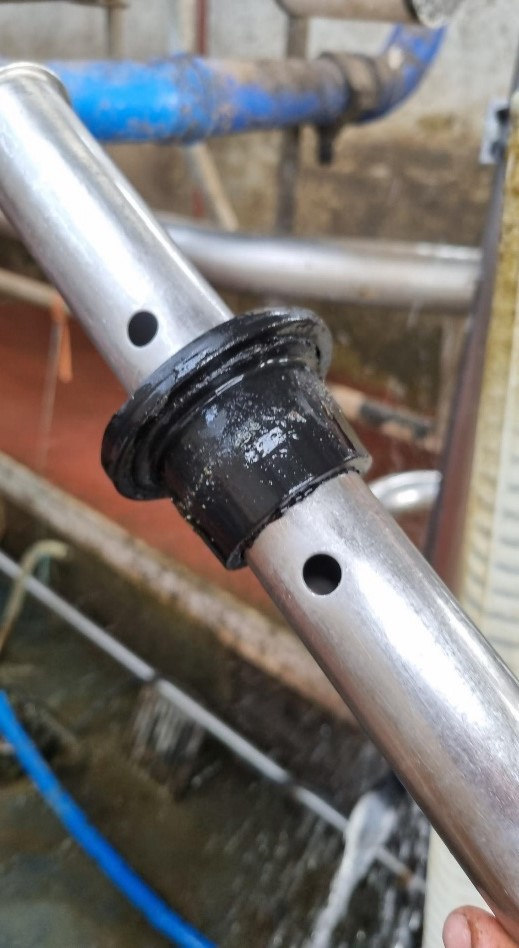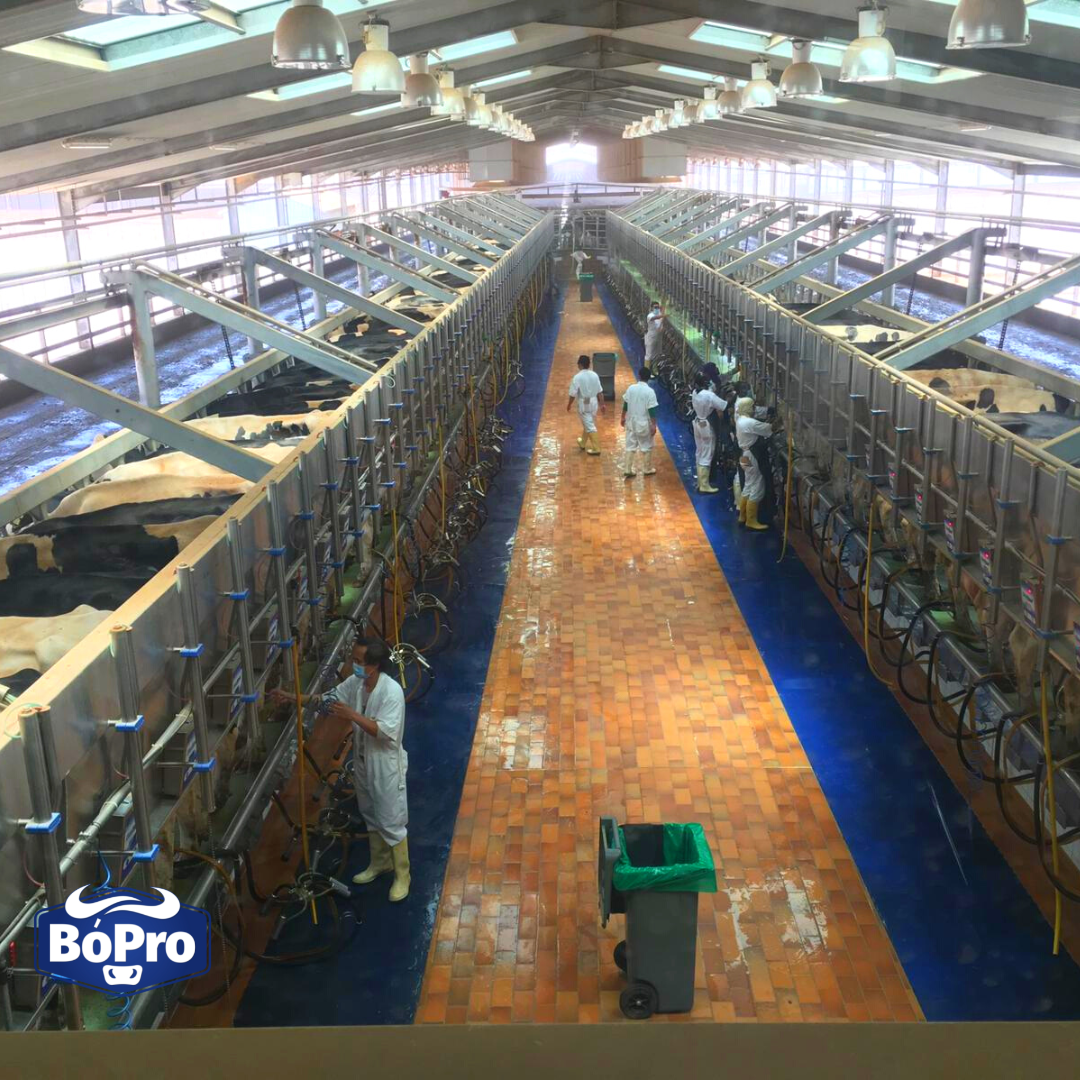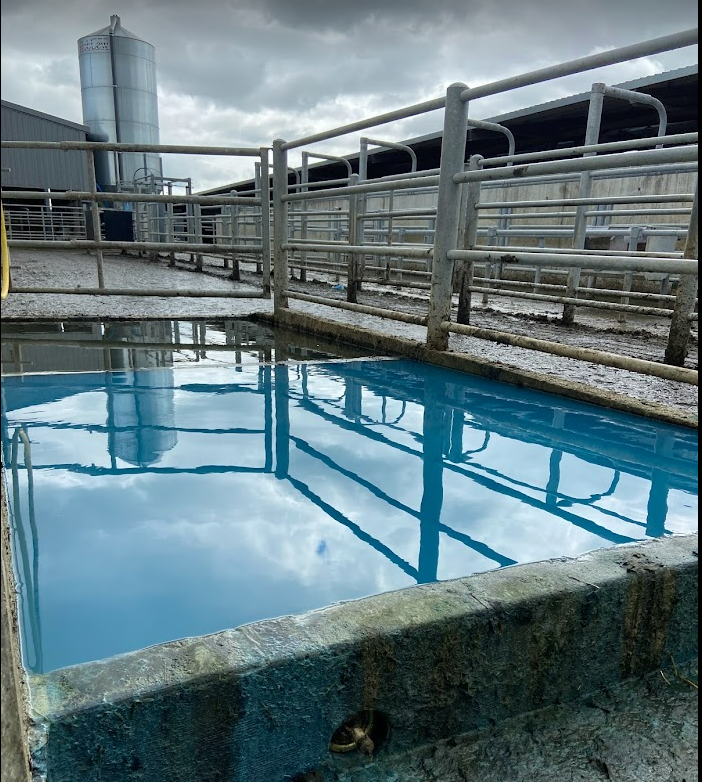We were recently asked to call out to a farm where the farmer had noticed sporadic and intermittent total bacteria count (TBC) rises on his milk tests.
So, what exactly were we looking for? Normally with rising TBCs on the farm, it tends to be something relatively straight forward like a fat, protein or scale build up. Which may be linked to dosage rates, not descaling regularly enough, water not hot enough, hard water, mineral water, etc.
We initially checked the bulk tank and there was no obvious signs of biofilm or scale build up. I then checked the wash tank and clusters for any protein or fat build up. I also checked for any milkstone build up. Both the wash tank and clusters were clear of any fat or protein. Neither had dull or chalky appearance which normally indicate a milkstone or scale build up.
The next part of the milking parlor we checked was the milk sock filter and it again appeared clean and visually shiny. When I twisted the top of the milk filter to inspect the seal, I noticed the very top of the seal had failed. This failure in the seal was letting organic matter and dirt get through from the milk filter to the bulk tank and was the culprit in the sporadic rise of the TBC’s. We organized for the seal to be replaced with the farmer and a week later the TBC’s settled back down to 5,000 on the resulting tests.
What is the main cause for seal failure?
Age related failure most likely. We would recommend getting priority seals changed once a year during a key parlor service to mitigate against seal failures and organic matter getting into the bulk tank.
Seal failed over long duration in use







